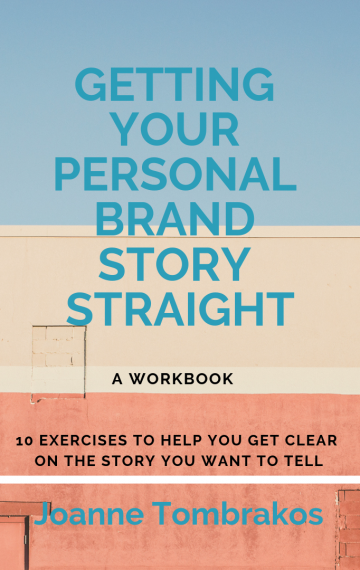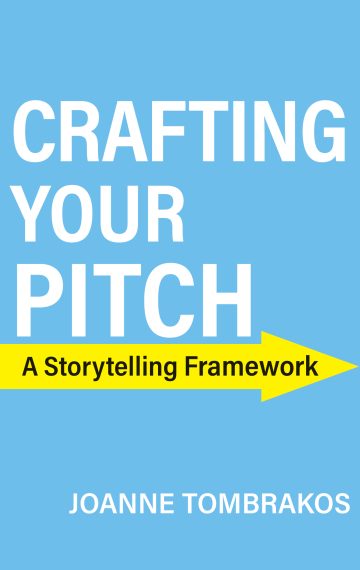With that comes responsibility
The Internet gave us all a voice, yet some days – and I have no doubt this is a very controversial statement to make – I wonder why so many of us feel the need to exercise that voice so needlessly and without giving any thought before posting on social media, without taking even a minute to pause and think about why we’re posting, who our words might affect or if this will be of use to anyone – or for that matter, if it’s even accurate information.
I wonder if we all really need to speak, every minute of every day on subjects we may or may not be informed about just for the sake of a social media post or gaining a following. Are so many of us so desperate for attention we can’t stop ourselves from typing the most outrageous thing we can think of and clicking tweet?
If we’re going to use our voice, shouldn’t that come with some sense of responsibility?
Neil Young used his voice by posting an open letter on his website requesting that his management and record label remove his library from Spotify in the hopes that Spotify would take some responsibility for the programming they carry and help to mitigate the spread of misinformation and disinformation around vaccines on influential shows – specifically Joe Rogan.
Spotify, not unlike other platforms including Twitter and Facebook have chosen not to take responsibility for the content that is shared on their platforms. Their argument is that they want to encourage the sharing of differing viewpoints in an open forum, even though they are in reality private communities with a set of rules they create and can throw you off the platform if you break those rules. Sort of like getting expelled for cheating in school on your finals or getting fired from your job for misrepresenting the company.
The platforms prefer to hide behind the “technology company” label instead of owning up to the fact they are indeed distributors of content who are making money off of that content in the form of advertising revenue and in Spotify’s case, also by premium subscriptions. By using that shield they’re protected under Section 230 of the Communications Act which shields social platforms from libel.
This situation was particularly unique in that Joe Rogan’s show airs exclusively on Spotify. The company has a contract with him purportedly to the tune of $100 million for that content – also known as programming in traditional media, which logically would imply responsibility.
Other artists including Joni Mitchell, Nils Lofgren and India.Arie followed Neil Young and caused what Seth Godin would call a ruckus.
The ruckus worked. Maybe. Sort of. We’ll see.
It did bring the issue to the forefront and has caused a lot of chatter. Spotify released a new set of rules and Joe Rogan apologized on Instagram and said he would do better. Let’s hope so. Saying and doing are two different things.
To be clear, Spotify is not the only culprit. Facebook has made a very profitable business out of allowing misinformation and disinformation to spread on their platform using algorithms designed to increase engagement. Twitter is trying to clean up the mess they made, but it is arguably still a cesspool of vitriol. Nor is it just the technology platforms contributing to this spread. But that is the subject of a different post.
The question here is should we have to cause a ruckus for individuals and organizations to take common sense responsibility for the content they make available online or should they continue to hide behind a mask of attributing taking responsibility for the greater good as a way to censor people.
It’s all very messy and there is no short answer.
Especially as long as engagement equals clicks equals money.
But there is one thing we can all do before we hit publish. We can take personal responsibility and heed these words that have been attributed to the poet Rumi.
“Before you speak, let your words pass through three gates.
At the first gate ask yourself, is it true?
At the second gate, ask yourself, is it necessary?
At the third gate, ask yourself is it kind?”
Rumi
That’s not censorship. It’s just common sense and while it won’t solve the bigger problem, it’s a step in the right direction.



Leave a Reply